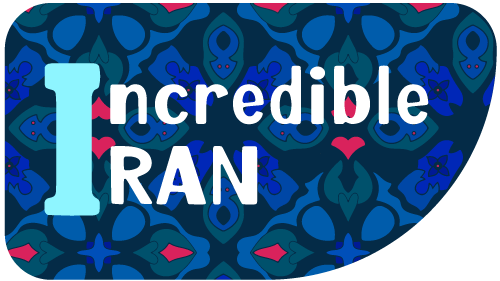What you will read in this article:
1. Currency and Cash Handling
Local Currency
Currency Name: Iranian Rial (IRR)
Common Denominations: Banknotes include 10,000, 20,000, 50,000, 100,000, and 500,000 Rials. Smaller denominations and coins are also available.
Currency Exchange
Bring Cash: Iran is largely a cash-based economy. Bring enough US dollars or euros to exchange locally.
Exchange Locations: Use official exchange offices (Sarrafi) or banks for currency exchange. Avoid street exchangers.
Exchange Rate: Check the current exchange rates before exchanging money to ensure you get a fair deal.
Handling Large Amounts
Cash Flow: Since large amounts of cash can be cumbersome, divide your money into smaller amounts and store them securely in different places.
Money Belt: Use a money belt or a secure travel wallet to keep cash safe.
2. Credit and Debit Cards
Card Usage
International Cards: International credit and debit cards are not widely accepted due to banking sanctions. Plan to rely mostly on cash.
Local Prepaid Cards: Some travel agencies and exchange offices offer local prepaid debit cards that you can load with Rials. These can be used in many shops and for some services.
ATM Access
Local ATMs: ATMs in Iran do not accept foreign cards. You can only withdraw cash with a local bank account or prepaid card.
3. Budgeting and Spending
Daily Expenses
Accommodation: Budget hotels: $20-50 per night, Mid-range: $50-100, Luxury: $100+.
Food
Local restaurants: $5-10 per meal, Mid-range restaurants: $10-20, Fine dining: $20+.
Transport
Taxis: $2-10 per ride, Buses: $1-5, Domestic flights: $30-100.
Tipping
Customary Tips: Tipping is appreciated but not mandatory. In restaurants, leaving 5-10% of the bill is common. Small tips for hotel staff and taxi drivers are also appreciated.
4. Shopping Tips
Bargaining
Negotiation: Bargaining is a common practice in bazaars and small shops. Start with a lower offer and negotiate to reach a fair price.
Fixed Prices: In larger stores, supermarkets, and upscale shops, prices are usually fixed.
Souvenirs
Popular Items: Persian carpets, handicrafts, saffron, spices, and traditional sweets.
Quality Check: Ensure you buy from reputable shops to avoid counterfeit products, especially with high-value items like carpets and saffron.
5. Financial Safety
Safe Keeping
Hotel Safes: Use hotel safes to store extra cash, passports, and other valuables.
Discreet Carrying: When carrying cash, avoid displaying large amounts in public.
Emergency Funds
Backup Plan: Keep some emergency cash separate from your main funds. In case of loss or theft, this can be crucial.
Contact Information: Have the contact details of your embassy and local authorities for emergencies.
6. Mobile Banking and Apps
Mobile Payment Options
Local Apps: Some local payment apps and services might be available if you get a local SIM card and number. These can be convenient for small transactions.
Budgeting Apps
Tracking Expenses: Use budgeting apps to keep track of your spending and manage your budget efficiently.
7. Understanding Prices and Avoiding Scams
Dual Pricing
Tourist Prices: Be aware that some places may have different prices for locals and tourists. Always ask for the price beforehand.
Scams: Stay vigilant for common scams, such as overcharging for services or fake products. Stick to well-reviewed and reputable vendors.
Authenticity Checks
Saffron: Genuine saffron threads should be deep red with a slightly bitter taste. Avoid buying ground saffron as it can be mixed with other substances.
Carpets: Authentic Persian carpets are handmade with natural dyes. Check for consistency in the weave and feel the texture.
Conclusion:
Managing money in Iran requires some preparation and understanding of local practices, but it can be straightforward with the right approach. By carrying sufficient cash, being mindful of local customs, and taking safety precautions, you can enjoy your visit to Iran without financial worries. Embrace the local culture, enjoy the diverse experiences, and make the most of your trip to this fascinating country.
Exploring Iran
Special Tours to Iran for English Speakers
in your
Native language
